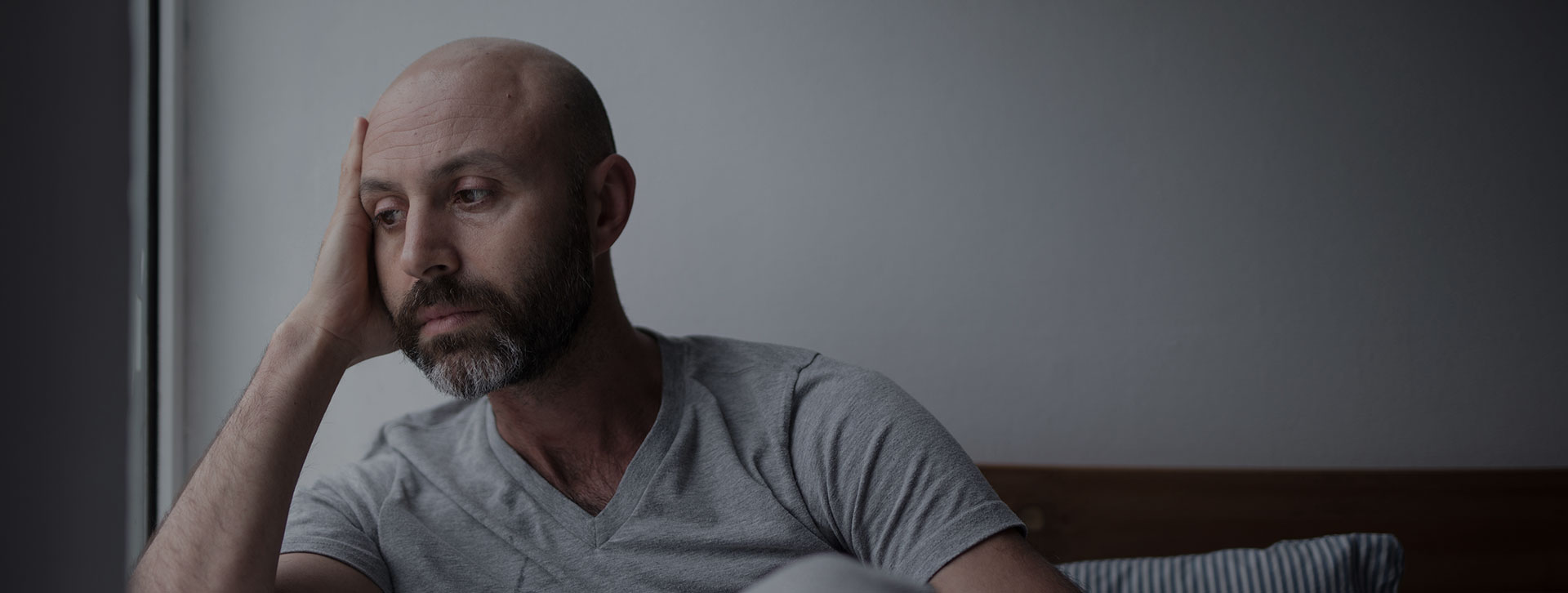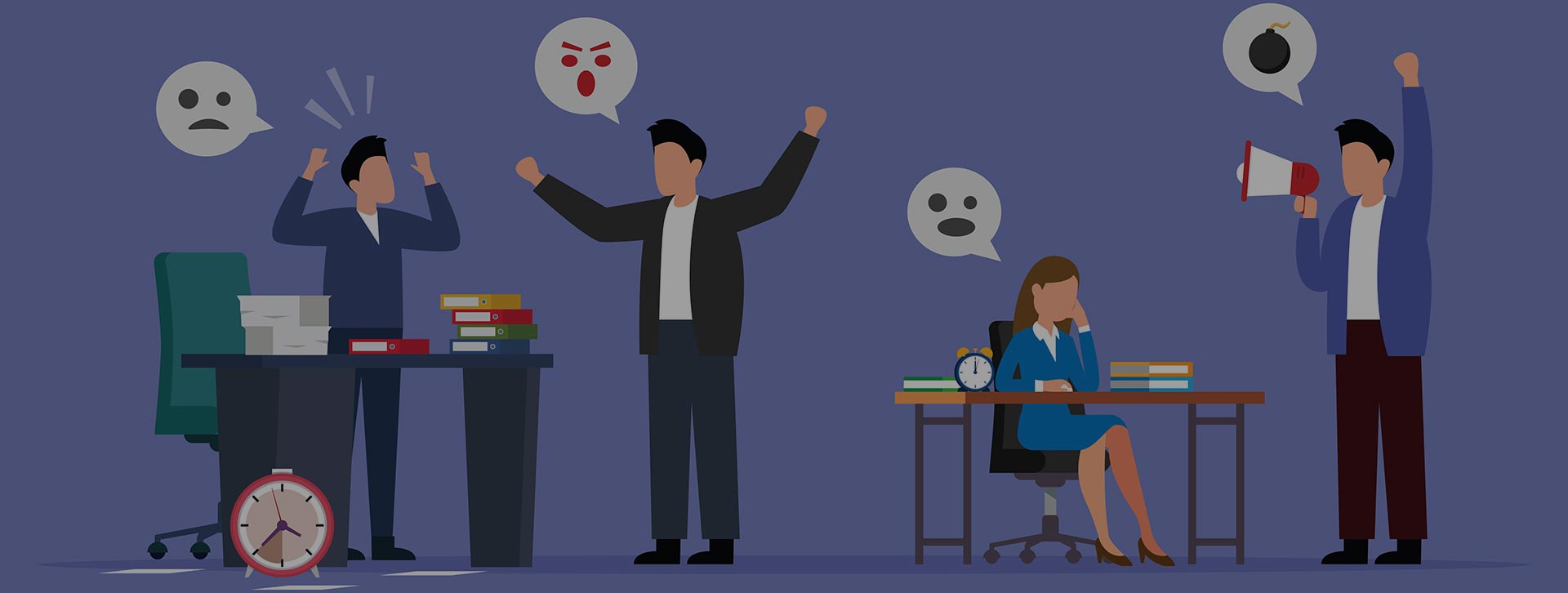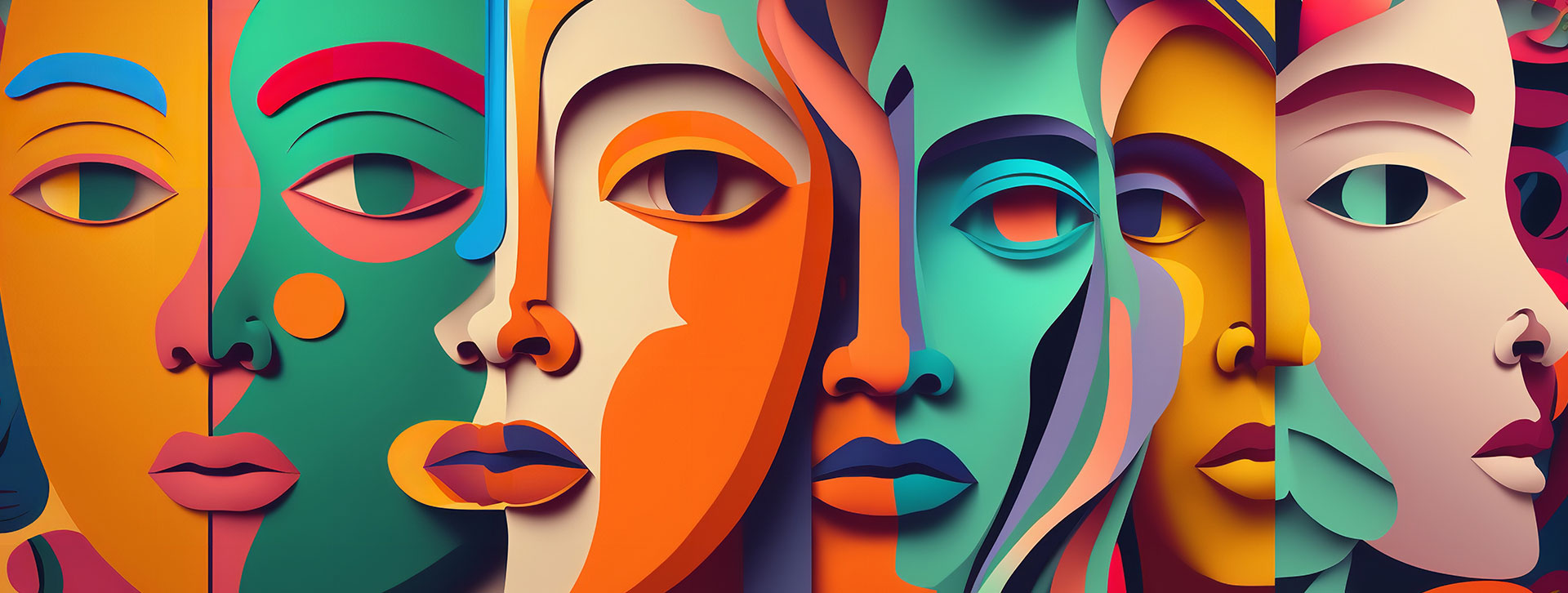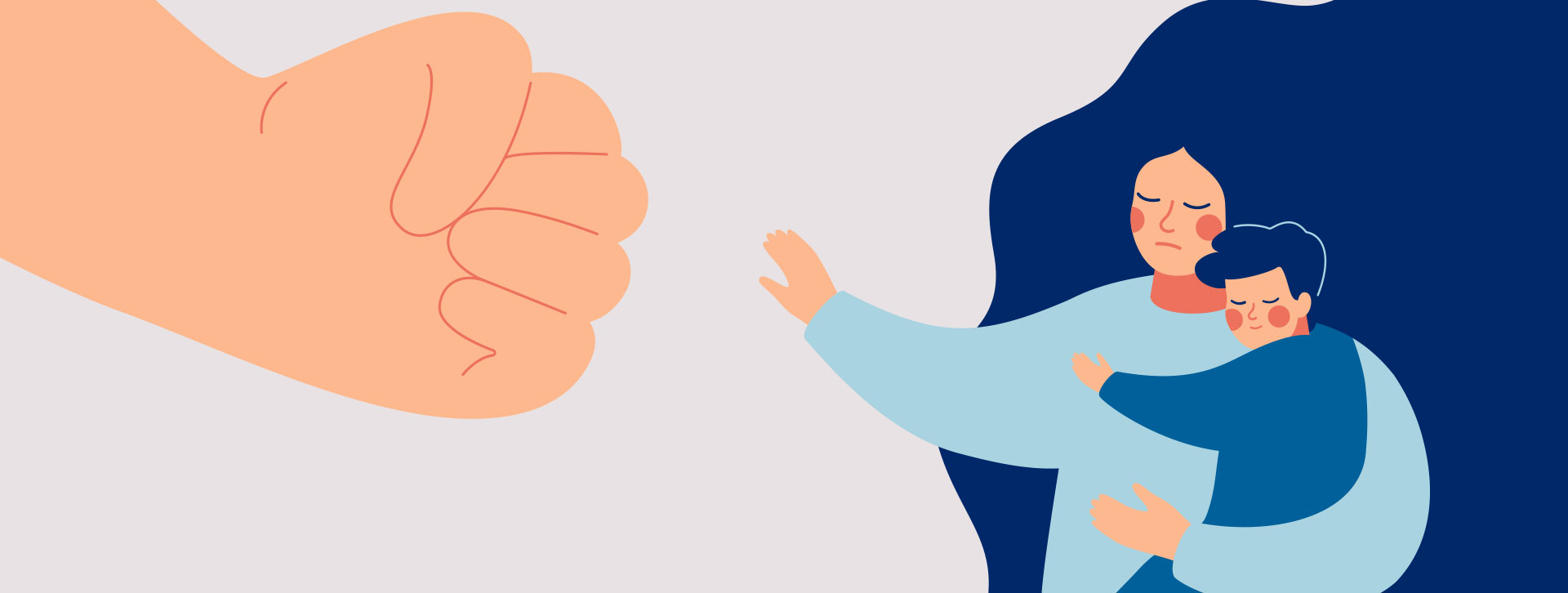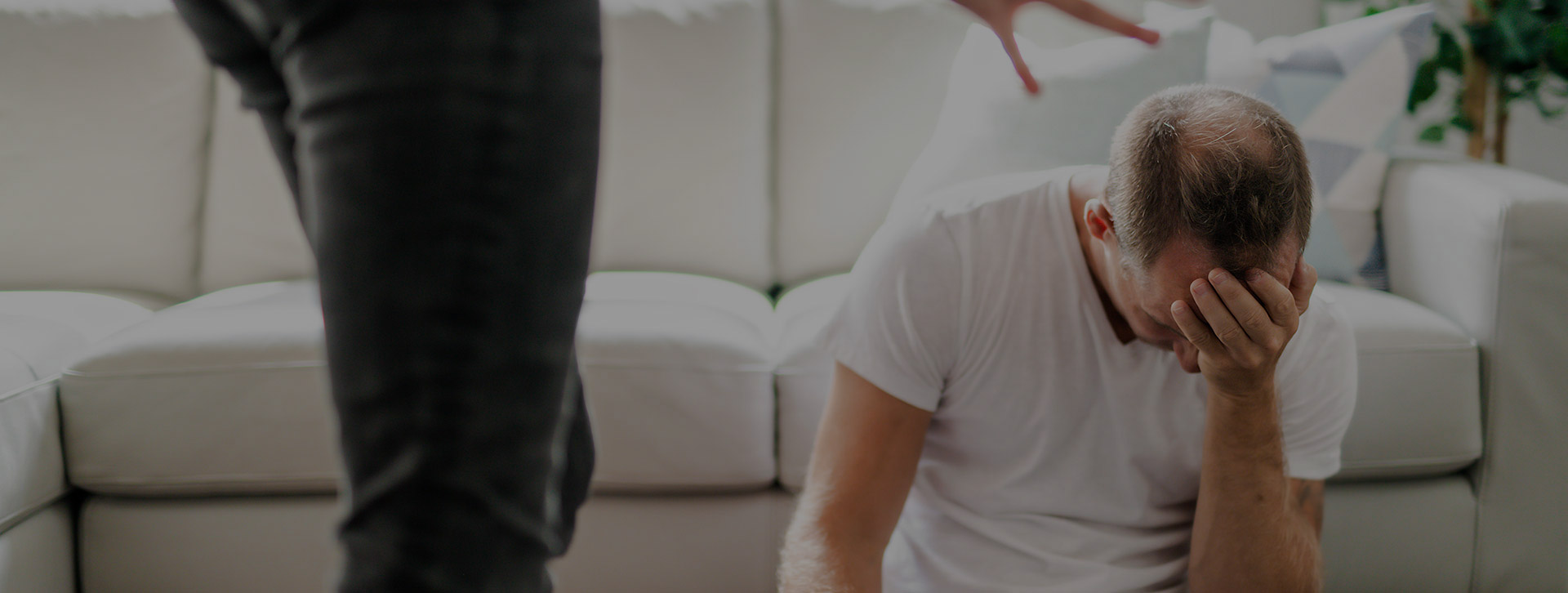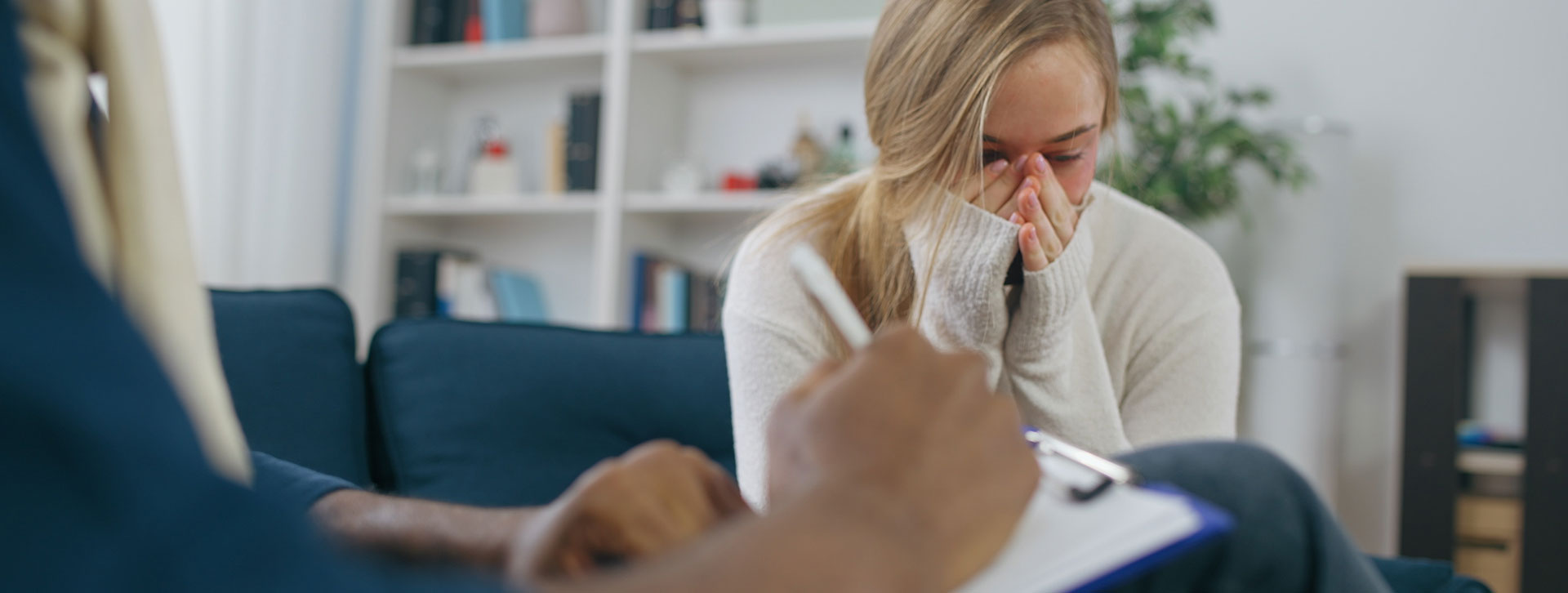When life throws curveballs, it’s not always easy to know when to reach out for help, especially when it comes to mental health.
That’s where mobile crisis response teams come into the picture. Think of them as your mental health 911, ready to step in when things get too heavy to handle on your own or for someone you care about. But how do you know when it’s time to make that call? Let’s talk about some signs that signal it might be time to reach out for this kind of support.
First off, it’s essential to understand that mobile crisis response teams are there for serious, urgent mental health situations. We’re talking about those moments when someone is in immediate danger of hurting themselves or others, or they’re so overwhelmed by mental health symptoms that they can’t function in their daily life. It’s like being in a mental health storm, and you can’t see a way out. Maybe someone is talking about wanting to harm themselves or has started to act on those thoughts. Or perhaps they’re experiencing a severe panic attack that feels impossible to control, or they’re so depressed that they can’t get out of bed, go to work, or take care of their kids.
Seeing the signs
It’s not just about what the person is saying, but also what they’re doing. Sometimes actions speak louder than words. If someone is suddenly acting recklessly, like driving dangerously or using drugs or alcohol in a way that’s out of character, it could be a sign that they’re in crisis. The same goes for when someone is seeing or hearing things that aren’t there, which can be terrifying and disorienting. These are moments when a mobile crisis team can step in and provide immediate, specialized help.
It’s also worth noting that these signs can be different for kids and teenagers. Young people might not have the words to express what they’re going through, so it’s important to pay attention to changes in their behavior. This could be anything from suddenly withdrawing from friends and family, drastic changes in eating or sleeping habits, or acting out in aggressive or risky ways.
The beauty of mobile crisis response is that it meets people where they are, both literally and figuratively. Instead of having to navigate the stress of getting to a hospital or clinic, help comes to you. This can be a game-changer, especially in those moments when leaving the house feels impossible, or the thought of sitting in a waiting room is just too much. The team is trained to create a safe, supportive space where they can assess the situation, provide immediate care, and figure out the next steps, whether that’s connecting someone to ongoing mental health services, helping them create a safety plan, or sometimes, if needed, assisting with getting them to a hospital for more intensive care.
We’re here to help
Remember, reaching out for help is a sign of strength, not weakness. It takes courage to admit that you or someone you love is struggling and to take that step to ask for help. Mobile crisis response teams are there to catch you when you feel like you’re falling and to help guide you back to a place of safety and stability. So, if you’re seeing these signs in yourself or someone else, don’t hesitate to make that call. It could be the first step toward getting the support you need to navigate through the storm.
To learn more or talk to someone about mobile crisis response, talk to The Ness Center. We have the experience and compassion to help you on your journey.
 Blog
Blog